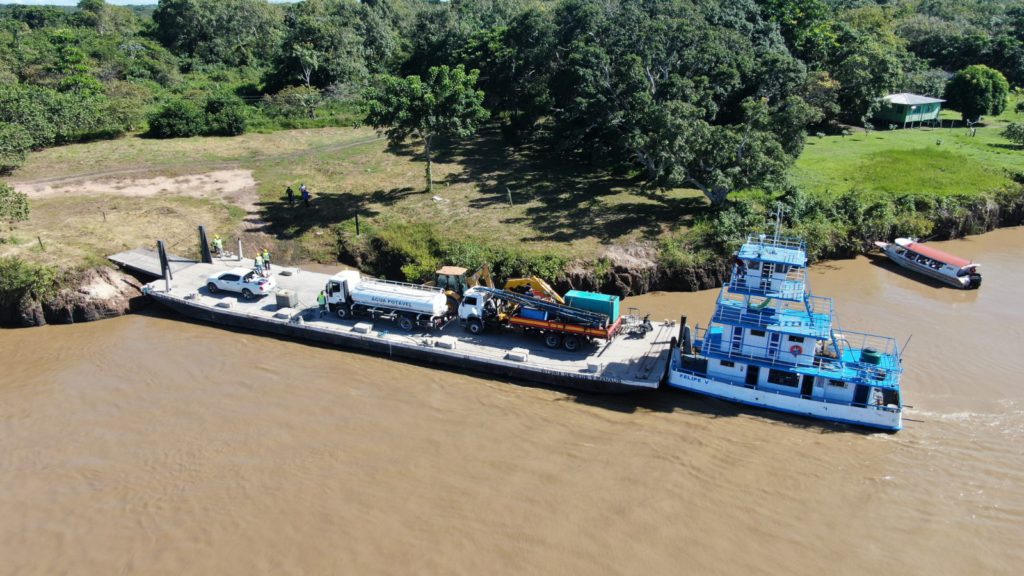Brazil Potash starts construction of the Autazes project

Brazil Potash began construction this week on the Silvinita mine in Autazes after it received six more licences from the Amazonas Environmental Protection Institute (IPAAM), the agency responsible for environmental licensing in the state of Amazonas.
Last month, IPAAM had issued a licence to the privately held Brazil Potash to build the project, pegged to be the largest fertilizer mine in Latin America within the Amazon rainforest.
The six new installation licences cover vegetation suppression, forest replacement, capture, collection and transportation of wildlife, and earthworks for the ore terminal and the port.
The company intends to invest 13 billion reais ($2.6 billion) to establish the mine, located 120 kilometres southeast of the state capital, Manaus.
Production is expected to start in 2026 with an initial output sufficient to cover about 20% of Brazil’s potash needs. The project capacity will be 2.2 million tonnes of potassium chloride per year, the company estimates.
“Autazes is progressing positively and meeting the legal requirements consistent with the magnitude of this project. At this moment, the project is already generating benefits for the community, with the direct and indirect hiring of people through a network of service providers and suppliers,” Brazil Potash president Adriano Espeschit said in a statement.
The project, which could reduce Brazilian agriculture’s 90% dependence on imported potash, has been held up for years due to opposition from indigenous Mura people, who say they have not been consulted about the use of their ancestral lands.
On Tuesday, federal prosecutors again requested the immediate suspension of the licence IPAAM had granted for the project.
Questioned about the public prosecutor’s request, Brazil Potash told MINING.COM that it will respond in court.
{{ commodity.name }}
{{ post.title }}
{{ post.date }}




Comments